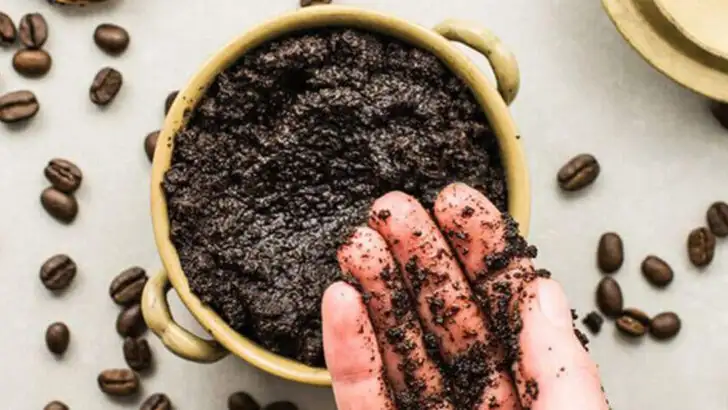Not all compost ingredients pull the same weight. Some break down faster, some deliver more nutrients, and a few do both, giving your soil a serious kick without the long wait. If your compost pile’s been chugging along but your garden still looks like it’s missing something, it might be time to rethink what you’re feeding it.
The good news is that boosting your compost doesn’t mean making it complicated. A few well-chosen additions can speed things up and make the end result richer and more balanced. These high-impact ingredients can help get things cooking, literally, and give your soil what it’s been craving.
Coffee Grounds
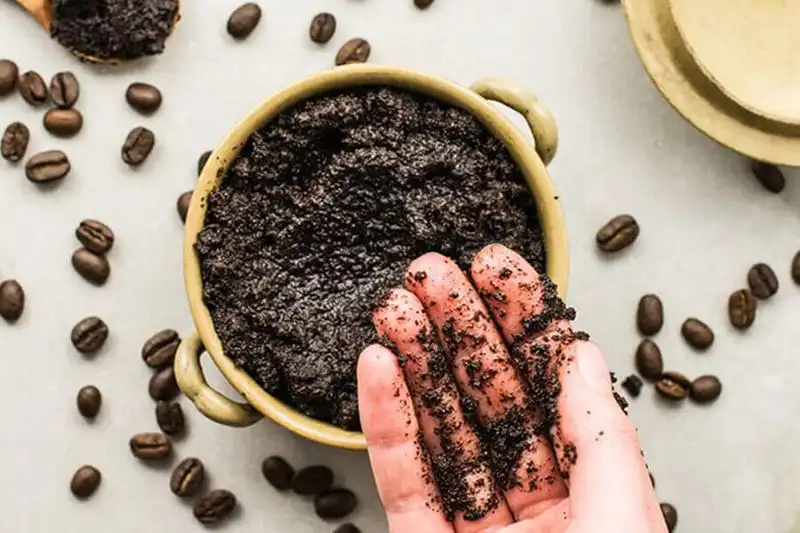
Start your compost with a jolt of energy! Coffee grounds are rich in nitrogen, making them an excellent addition to boost your compost pile’s heat and speed up decomposition.
These dark, aromatic remnants not only enrich your compost but also deter pests like snails and slugs. With their fine texture, they blend effortlessly with other organic matter.
Did you know that coffee grounds can also balance out carbon-rich materials such as dry leaves? Sprinkle them liberally, and watch your compost come alive with activity, transforming into rich, crumbly soil.
Eggshells
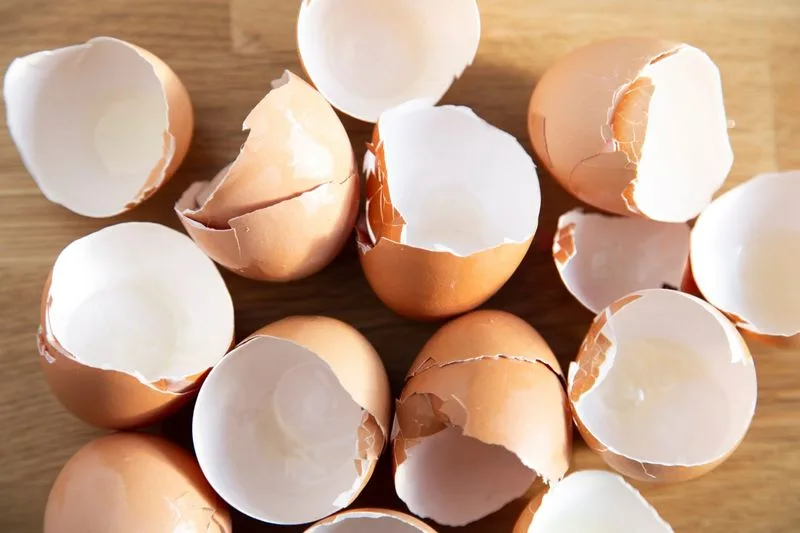
Eggshells are the silent heroes of composting. Crushed eggshells add a significant boost of calcium to your compost, essential for healthy plant cell walls.
These brittle, white shards decompose slowly, so it’s best to crush them finely before adding to the pile. Not only do they improve soil structure, but they also help in balancing pH levels in your compost.
Integrating eggshells into your compost fosters a healthier environment for worms, enhancing their activity and contributing to richer soil over time.
Banana Peels
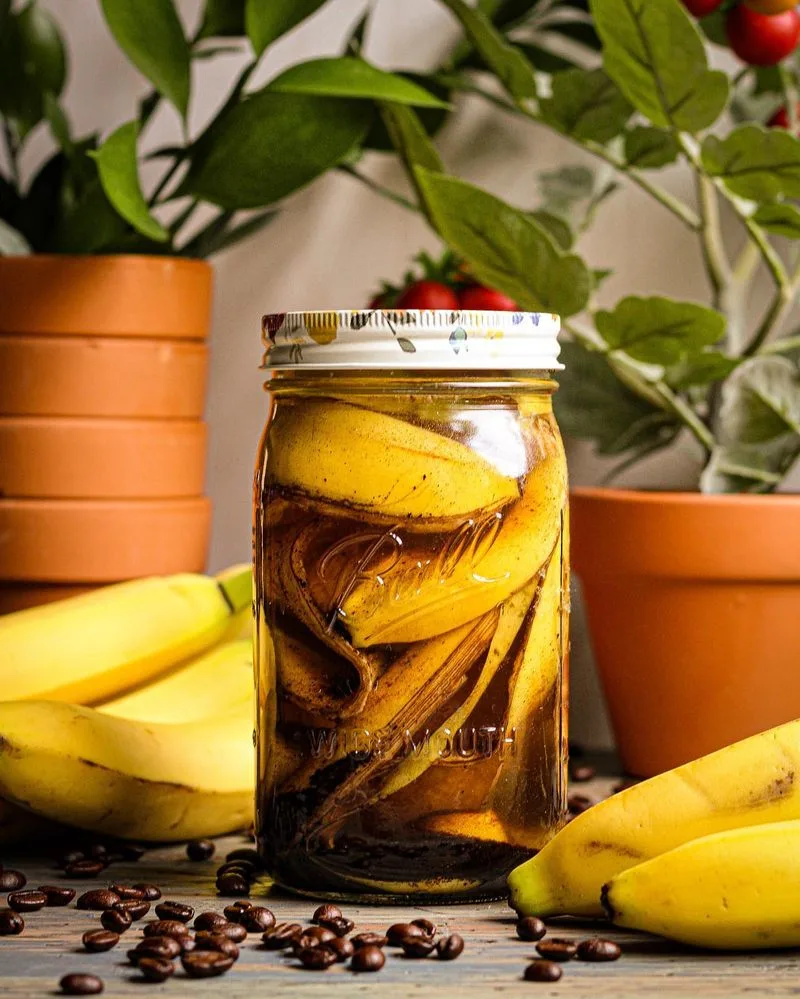
Banana peels offer a sweet boost to your compost, packed with potassium, phosphorus, and calcium. These nutrients are vital for plant growth and health.
The peels break down relatively quickly, releasing their beneficial compounds into the compost. They also attract beneficial microbes that aid in decomposition.
By chopping banana peels into smaller pieces, you can expedite the breakdown process, ensuring these nutrient-rich additions quickly benefit your garden.
Grass Clippings
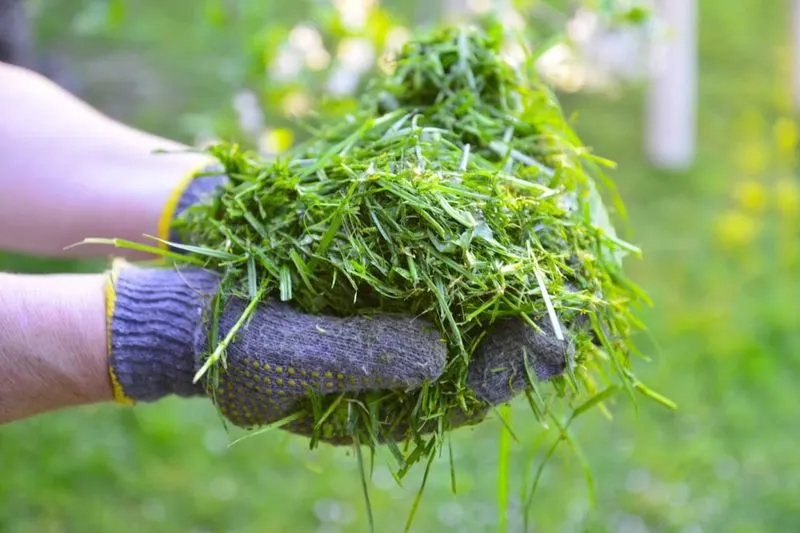
A fresh mow leaves behind a bounty for your compost. Grass clippings are a terrific source of nitrogen and moisture, promoting microbial activity in your compost pile.
These lush green layers rapidly heat up, accelerating the decomposition process. However, it’s crucial to mix them well with carbon-rich materials to avoid a slimy mess.
Turning your compost regularly ensures these clippings contribute to a well-balanced and nutrient-rich compost, ready to revitalize your garden soil.
Fruit Scraps
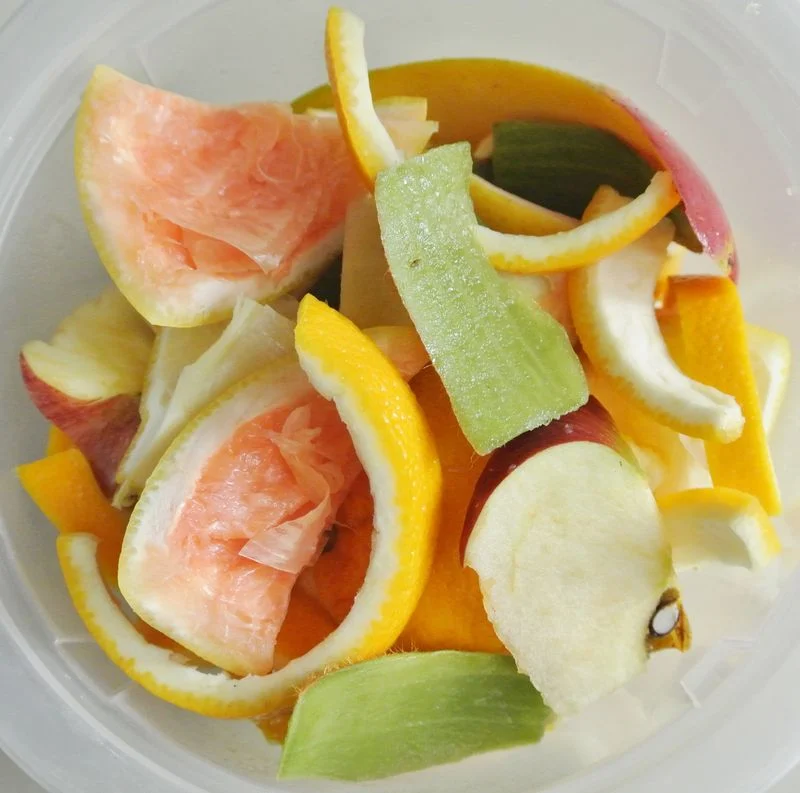
Fruit scraps are a vibrant addition to your compost, brimming with vitamins and organic acids that enrich the soil. From apple cores to citrus peels, these remnants enhance microbial activity and speed up decomposition.
However, citrus peels should be used sparingly as their acidity can disrupt pH balance. Chopping the scraps into smaller pieces can assist in faster breakdown.
Fruit scraps not only add diversity to your compost but also create an inviting habitat for beneficial insects, enhancing the overall composting process.
Vegetable Peelings
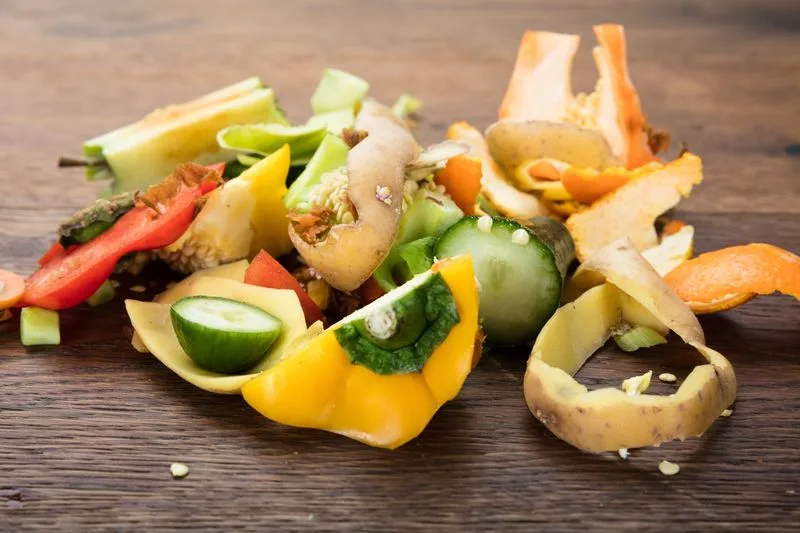
Vegetable peelings are a staple in composting, offering a rich source of nutrients and moisture. These peelings, from carrots, potatoes, and more, break down quickly, feeding your compost with essential minerals.
Their moisture content helps maintain the right balance in the compost pile, promoting efficient decomposition. Mixing peelings with dry materials prevents a soggy compost.
Adding these vibrant peelings ensures a steady supply of nutrients, transforming your compost into a fertile powerhouse for your garden.
Shredded Newspaper
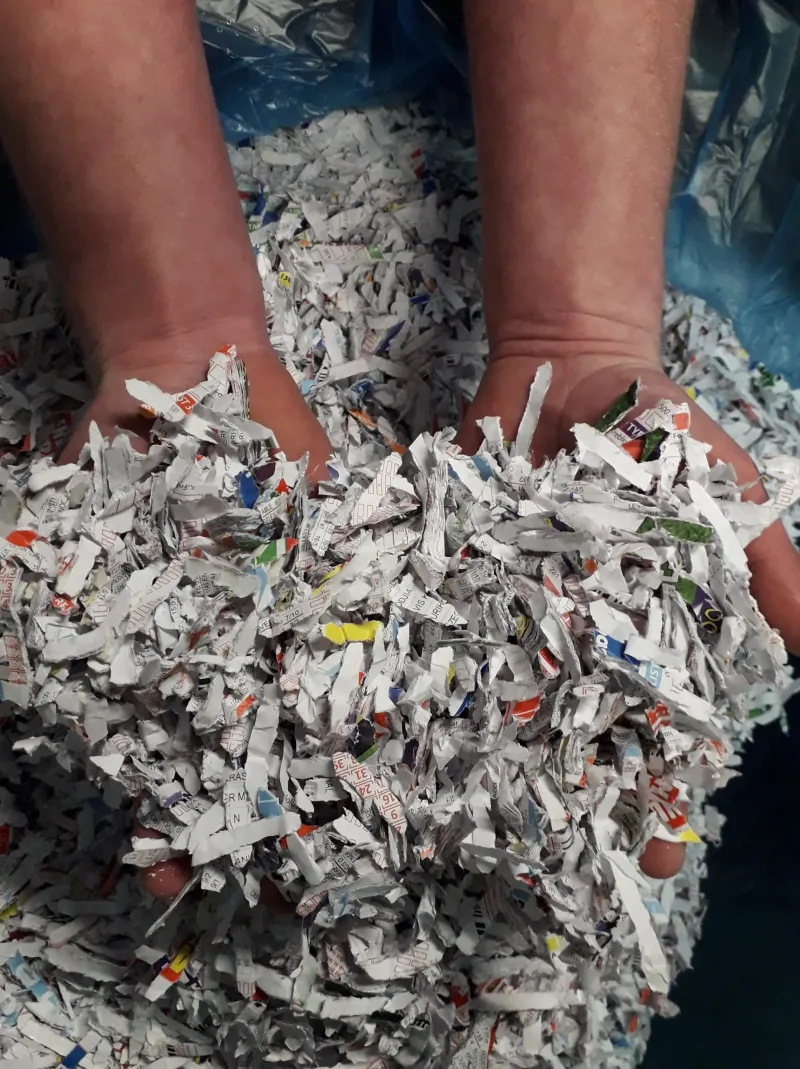
Give your compost a carbon-rich treat with shredded newspaper. This common household item is perfect for balancing nitrogen-heavy ingredients like grass clippings and food scraps.
Although it’s crucial to use non-toxic, ink-free newspapers, they serve as excellent aerators, improving airflow within the compost pile. Their fibrous structure aids in moisture retention and decomposition.
Adding shredded newspaper ensures a more structured compost, enhancing its overall quality and usability in the garden.
Wood Ash
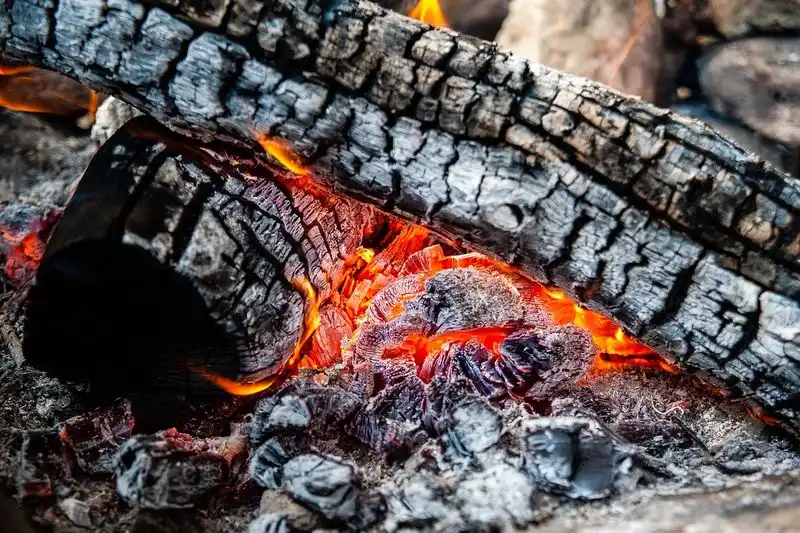
Wood ash brings a fiery touch to your compost, providing calcium carbonate and potassium. This alkaline addition helps neutralize acidic compost piles.
Sprinkle sparingly; too much can unbalance your compost’s pH level. Wood ash also acts as a pest deterrent, keeping unwanted insects at bay.
Incorporating wood ash into your compost enriches it with essential nutrients, improving soil fertility and enhancing plant growth.
Sawdust
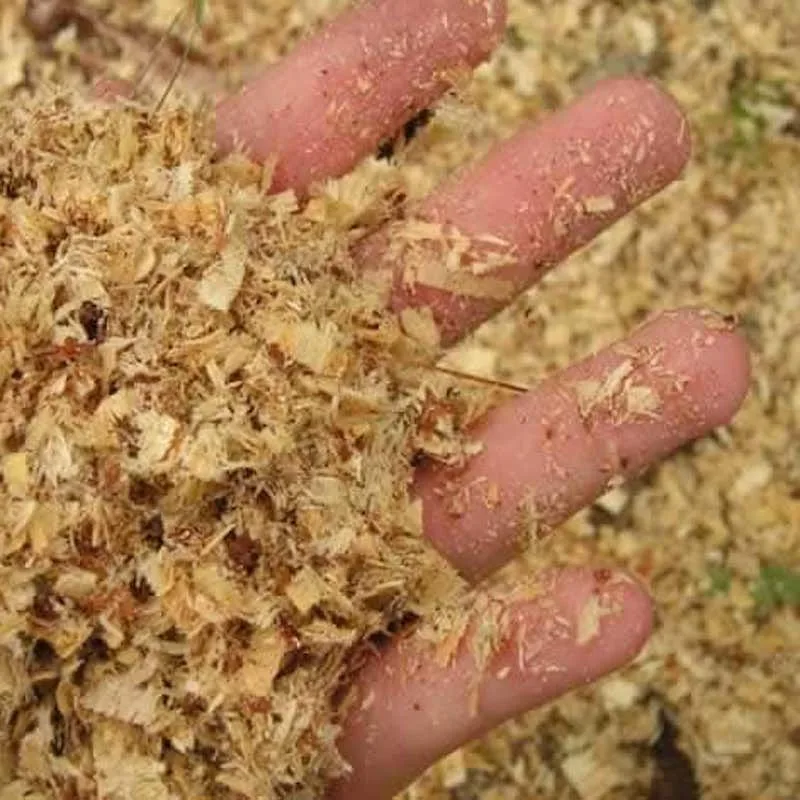
Soft, fine sawdust is a slow-releasing treasure for your compost. Rich in carbon, it provides a solid balance for nitrogen-rich materials.
Ensure the sawdust is free of any chemical treatments or hardwood toxins. When mixed properly, it enhances aeration and moisture control within the pile.
This gentle, earthy addition prolongs decomposition, leading to a rich, loamy compost perfect for nurturing your plants.
Tea Leaves
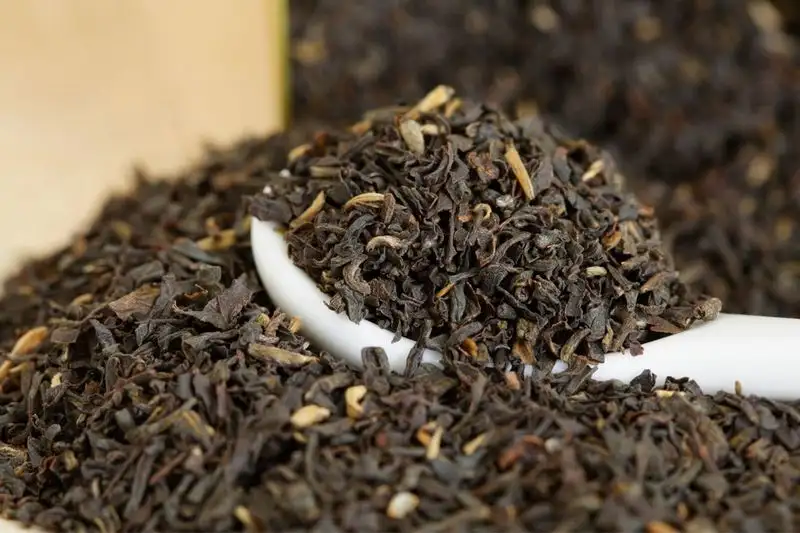
Used tea leaves are a delightful surprise for your compost bin. Packed with tannins and nutrients, they enhance soil structure and fertility.
These tiny leaves break down swiftly, integrating seamlessly with other compost materials. Ensure any tea bags are biodegradable before adding them.
Tea leaves contribute to a balanced compost, improving microbial activity and leading to robust, healthy soil ready for planting.
Nut Shells
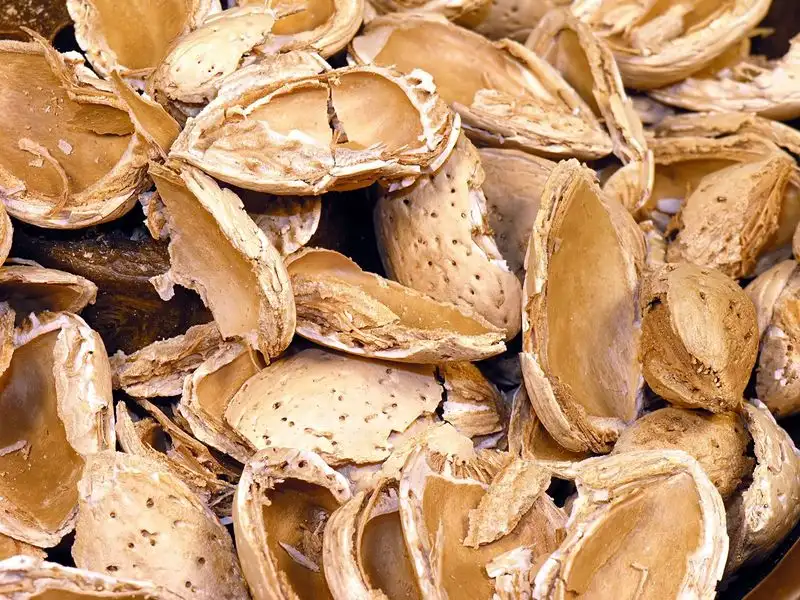
Nut shells, often overlooked, are a crunchy bonus for compost. They provide carbon and aeration, perfect for balancing nitrogen-rich components.
While they decompose slowly, crushing them first can speed up the process. Their hard texture aids in keeping the compost pile loose and well-aerated.
Nut shells offer a sustainable way to enrich your compost, contributing to a nutrient-diverse mix for your garden.
Hair and Fur
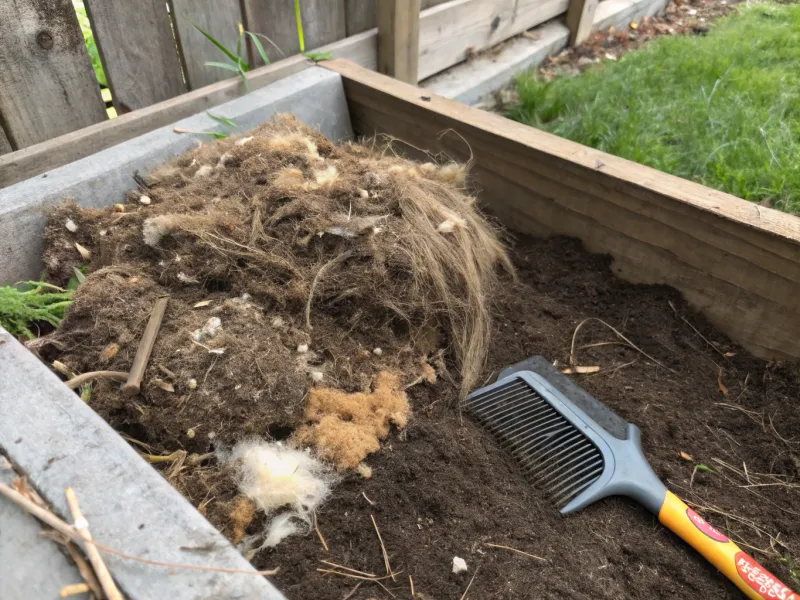
Hair and fur, though unexpected, are powerful compost enhancers. Rich in nitrogen, they break down gradually, releasing nutrients over time.
Ensure the hair is free of chemical treatments before adding it to your compost. Its fibrous nature aids in moisture retention and soil aeration.
This unique addition not only recycles waste but also enriches your compost, fostering a healthy environment for plants.
Herbivore Manure
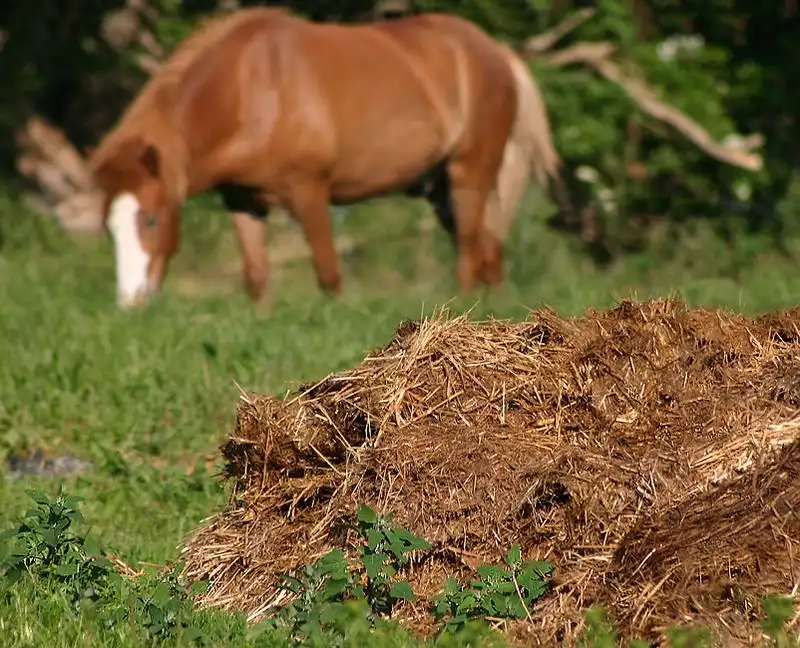
Herbivore manure is a potent compost accelerator. Packed with nitrogen and beneficial bacteria, it energizes your compost pile.
Only use manure from herbivores like rabbits, horses, or cows to avoid pathogens. This rich, earthy addition speeds up decomposition and enhances microbial activity.
Incorporating manure into your compost leads to a lush, nutrient-dense soil perfect for nourishing plants and supporting robust growth.
Seaweed
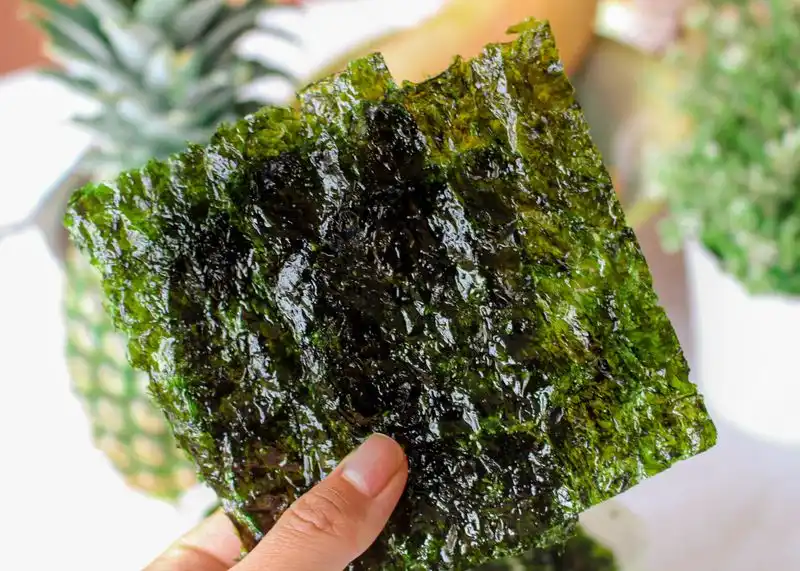
Seaweed, a treasure from the sea, enriches compost with trace minerals and nutrients. Its quick decomposition releases potassium and magnesium.
Rinse it thoroughly to remove salt before adding. Seaweed’s gel-like texture boosts moisture retention and microbial activity in the compost.
This oceanic addition enhances soil structure, promoting healthy plant growth and vibrant garden beds.
Feathers
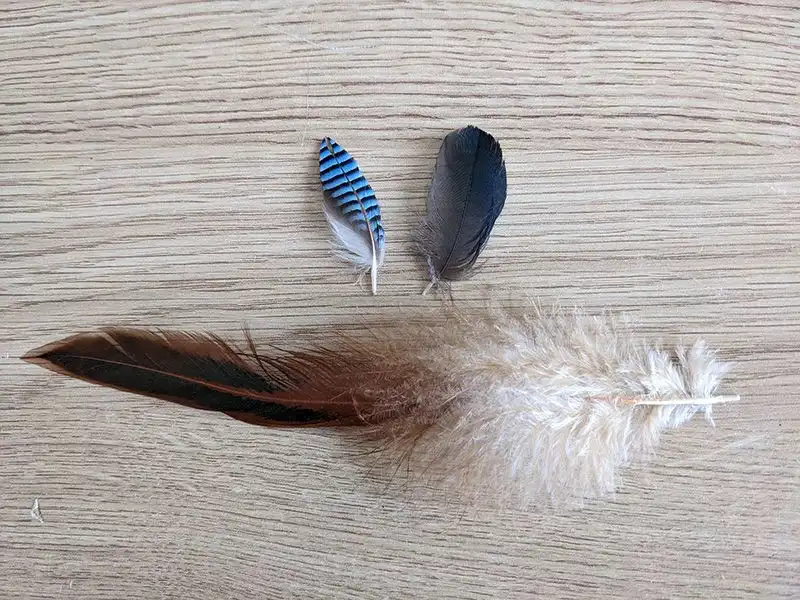
Feathers, a surprising yet effective compost ingredient, are high in nitrogen and keratin. They decompose slowly, releasing nutrients steadily over time.
Chopped or shredded feathers integrate better with other materials, improving aeration and water retention.
Utilizing feathers in your compost enriches it, creating a fertile environment for plant roots to thrive.

